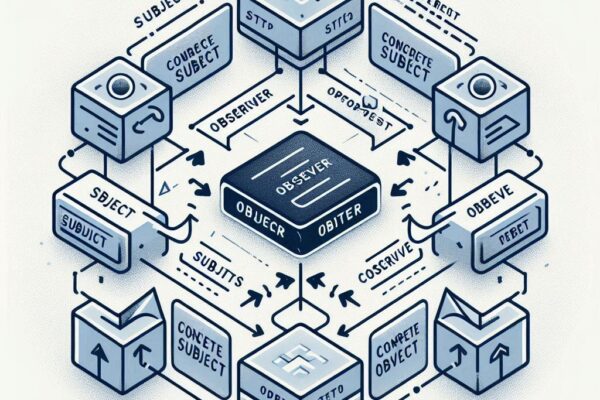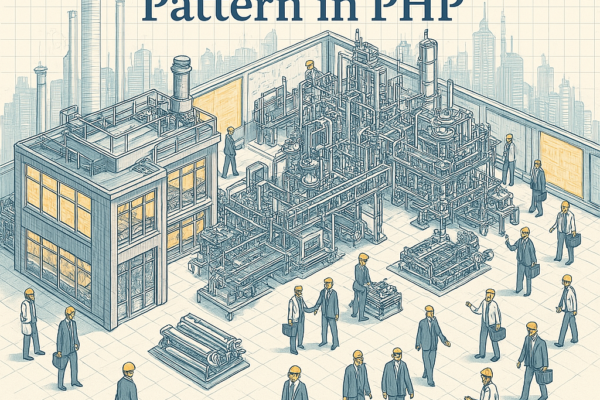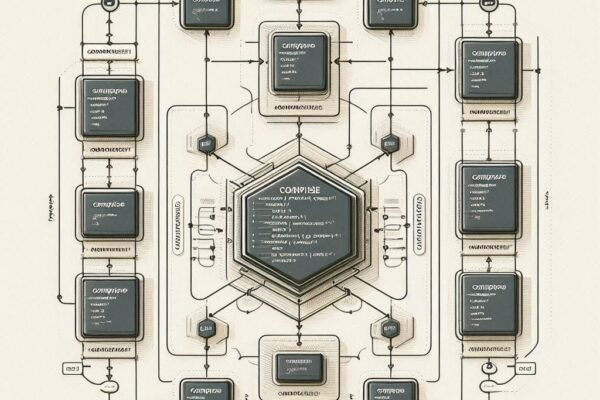Strategy Design Pattern in PHP: A Complete Guide
The Strategy design pattern in PHP is one of the most powerful behavioral design patterns. It allows developers to define a family of algorithms, encapsulate each one, and make them interchangeable. In simpler terms, this pattern lets you change the behavior of an object at runtime without modifying its code. This flexibility is especially useful…









